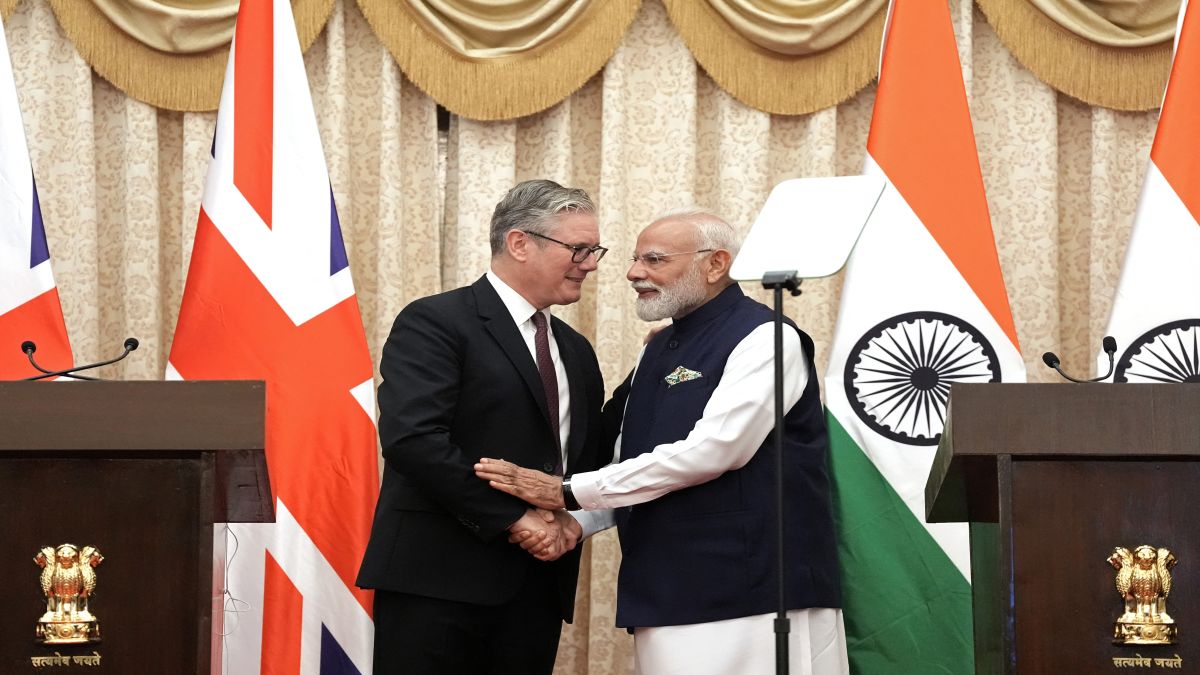Britain announced a new phase in its defence and trade partnership with India, highlighted by two major contracts.
First, the UK signed a $468 million deal to supply the Indian army with UK-made Lightweight Multirole Missiles. This missile contract, which supports about 700 jobs in Northern Ireland at a Thales factory, is seen as laying the groundwork for a broader, complex weapons partnership. The second deal, initially worth $333 million, will see the two nations collaborate on developing electric-powered engines for naval ships.
The announcements were made while British Prime Minister Keir Starmer was meeting his Indian counterpart Narendra Modi, celebrating the strengthening commercial ties driven by their recent trade agreement and Starmer’s push for defence exports.
Target set to double bilateral trade
India’s Commerce Minister Piyush Goyal and UK Business Secretary Peter Kyle agreed to restructure the India-UK Joint Economic and Trade Committee (JETCO). This repositioning is designed to ensure the existing institutional body can fully support the recently signed Free Trade Agreement, which aims to double bilateral trade by 2030.
Annual trade between India and the UK currently stands at roughly $56 billion, primarily driven by the services sector ($33 billion) over merchandise trade ($23 billion).
Separately, the two ministers also discussed the global economic outlook and the importance of creating more resilient and diversified supply chains to navigate current worldwide uncertainties.
The bilateral meeting was preceded by a series of discussions that zeroed in on key economic sectors. These sectors ranged from advanced manufacturing and clean energy to consumer goods, food and drink, construction, infrastructure, and a variety of services, including IT, education, and financial services.
)